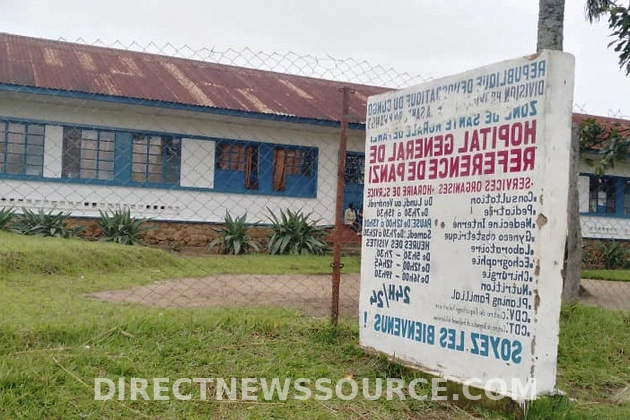
A combination of the flu, Covid-19, other viral respiratory infections, malaria, and acute malnutrition is most likely the source of what was initially thought to be a “mystery disease” in a remote area of the Democratic Republic of the Congo, according to the World Health Organization (WHO).
Health Crisis Unveiled
Nearly 900 people have fallen ill, with 48 fatalities, predominantly among children under 5 years old, as reported by the WHO.
“This event emphasizes the significant burden posed by common infectious diseases (acute respiratory infections and malaria) in a setting where vulnerable populations are grappling with food insecurity,” highlighted the WHO, advocating for enhanced healthcare access and nutrition to combat escalating malnutrition in the region.
Significance of the Situation
The Western DRC region of Panzi witnessed a surge in fatalities, prompting local and global health authorities to suspect a potential unknown pathogen affecting individuals in an area with limited healthcare services.
Amidst high poverty rates, malnutrition, and sporadic armed conflicts in various parts of the vast DRC, including Panzi, the country is also contending with its most severe outbreak of mpox, a virus causing rashes, along with measles, among other diseases.
Challenges Faced
The lack of infrastructure has hindered DRC authorities from probing the outbreak’s origins in Panzi and impeded affected individuals from receiving necessary care.
“Shortages of medications for treating common illnesses are common, and healthcare services are not provided free of charge, potentially restricting treatment accessibility for vulnerable populations and escalating the severity and fatality rates of known and curable infections,” noted the WHO.
Continued Monitoring and Response
Local and international health experts remain vigilant, closely monitoring the situation, as per the WHO.
The WHO underscores the high public health risk for the affected community, necessitating a comprehensive strategy to reduce infection-related mortalities, enhance nutrition, bolster malaria control, among other initiatives.
The WHO asserts that the likelihood of similar cases spreading to a national, regional, or global scale is low.















